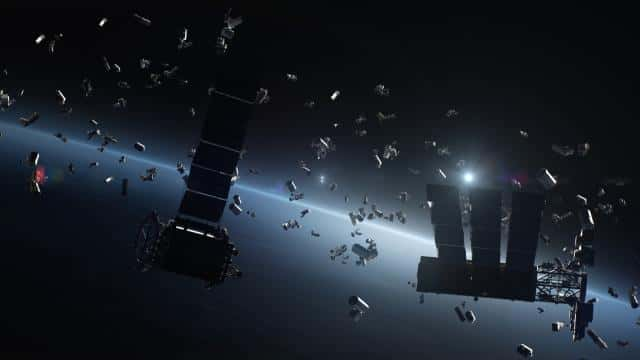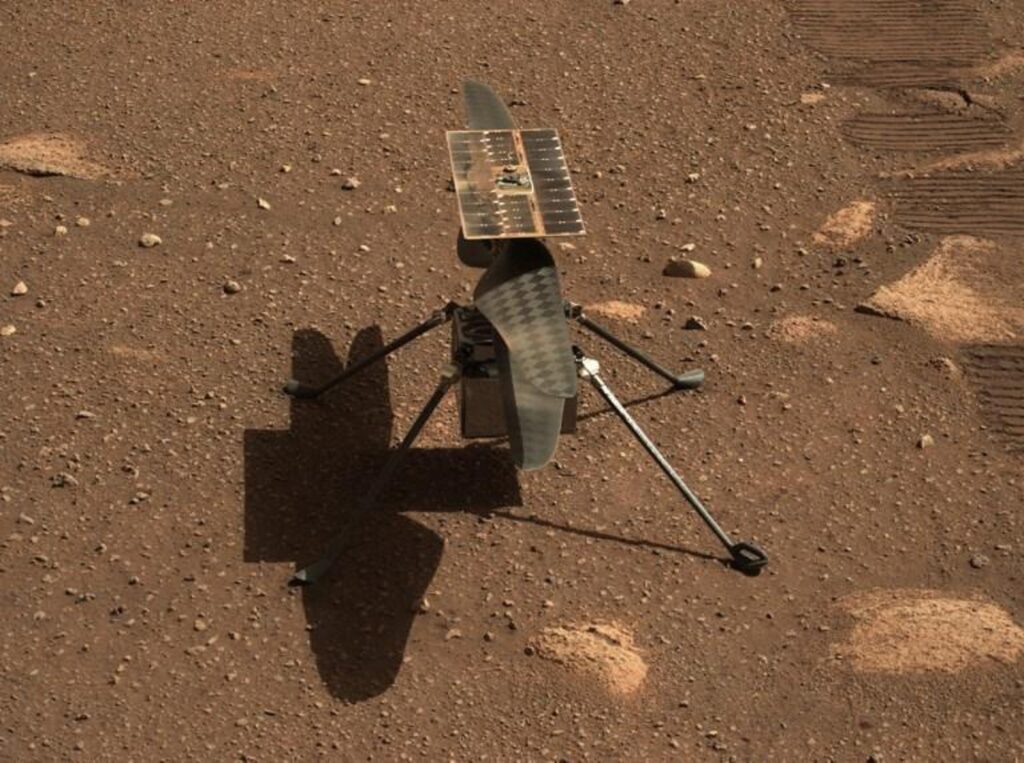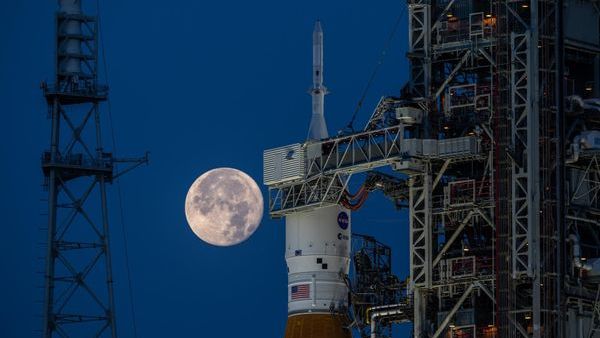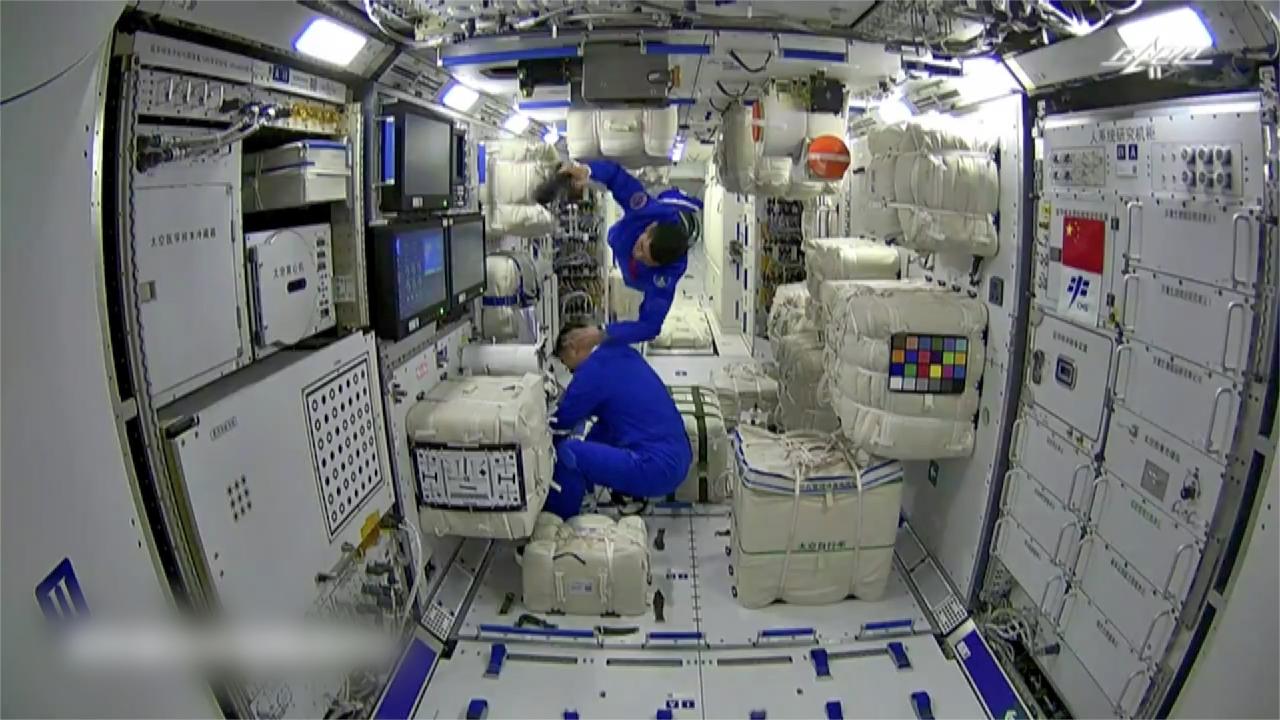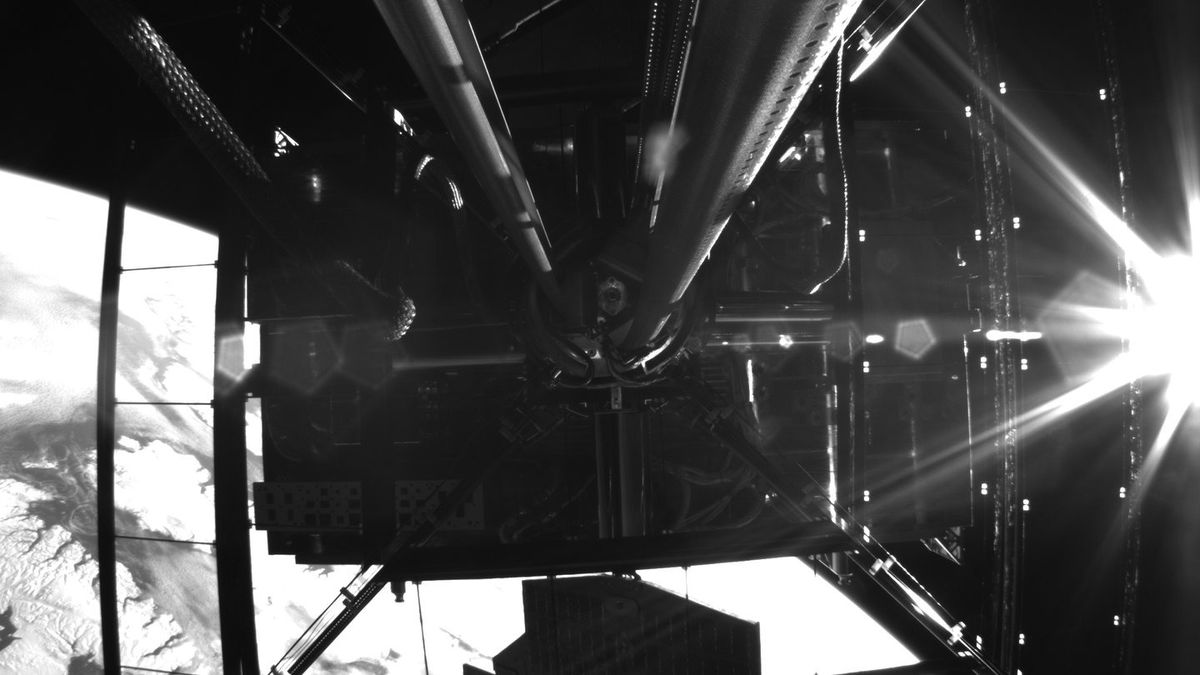A bag that one day might catch bits floating in Earth orbit is the subject of NASA’s most recent space debris technology contract.

This will be TransAstra’s second contract for inflatable catch bags in recent years
In a report from space.com, NASA recently awarded a $850,000 early-stage contract to TransAstra, a startup in space logistics, for a bag that might expand once it gets Earth orbit. This is not a space debris mission for flight, though, since the business will be tasked with testing this apparatus on the ground using inflatable struts. SpaceNews reported the contract award.
This will be TransAstra’s second contract for inflatable catch bags in recent years. Additionally, they were given a NASA early-stage contract for 2021, which initially had an emphasis on asteroid or space rock capture.
TransAstra quickly realized, however, that asteroids and space junk share many of the same challenges. Representatives of the company claim that while space debris can create tiny particles that resemble the motion of pebbles in space, asteroids produce pebble-like objects.
READ ALSO: As the SpaceX Crew-7 zero-g indicator, “Sasha” the sloth sets speed records
It is the best thing that has ever been done for orbital debris cleanup
They later recognized that this is the best thing that has ever been done for orbital debris cleanup, according to Joel Sercel, founder and CEO of TransAstra, in the article. In order to collect several bits of trash, the company advises utilizing a space tug they call Worker Bee to move this bag around low Earth orbit.
Big Think reported that it could take years or perhaps decades before such technology is ready for commercialization. But there will be a lot of work to accomplish even if the mission completely succeeds and gets to space.
According to the European Space Agency, there are about 36,500 trash particles in Earth orbit that are larger than 4 inches (10 cm). There are over 330 million trackable objects total, each larger than 0.04 inches (1 millimeter).
A piece of space junk that was supposed to be removed by another, unrelated debris removal test was itself struck by another piece of trash in August 2023, potentially generating further fragments in Earth orbit. This incident is a great example of how out of hand the space debris problem is becoming, reports from space.com.
READ ALSO: SpaceX Dragon Achieves Flawless Docking with ISS Amidst Legal Controversy
